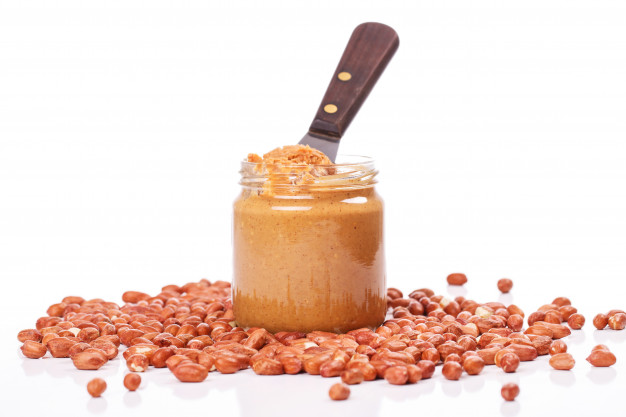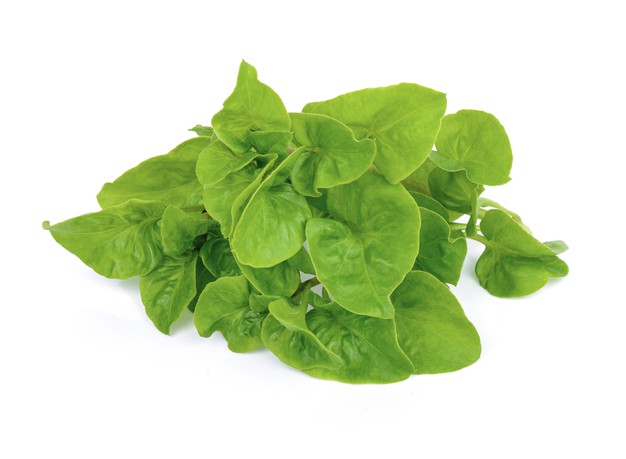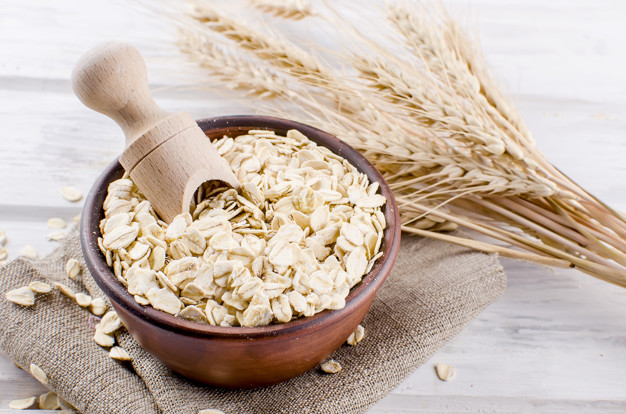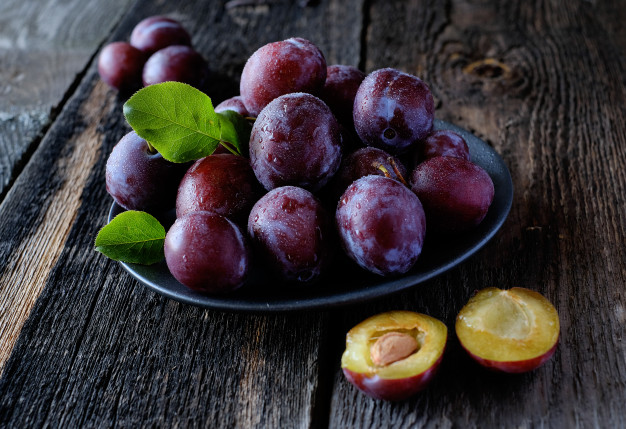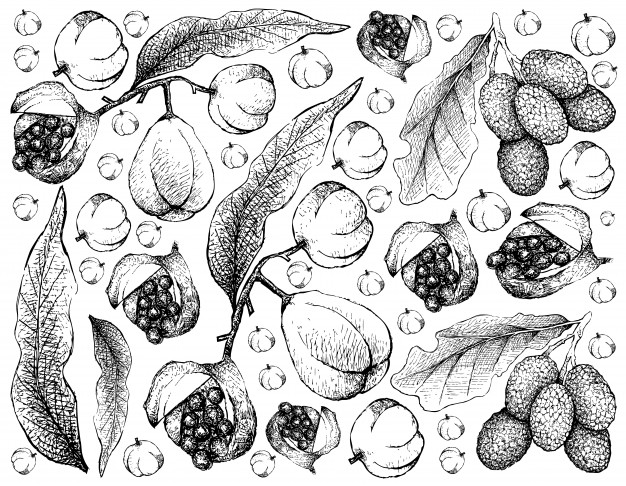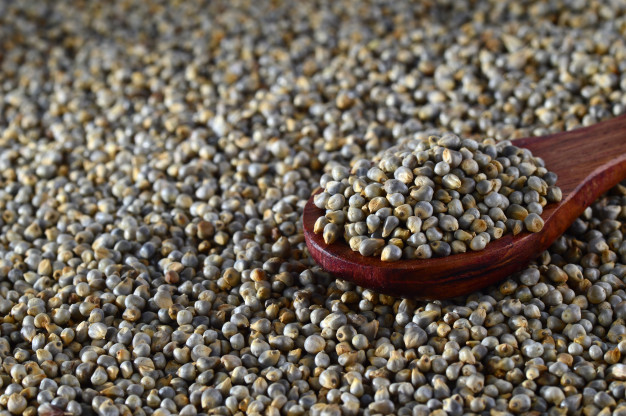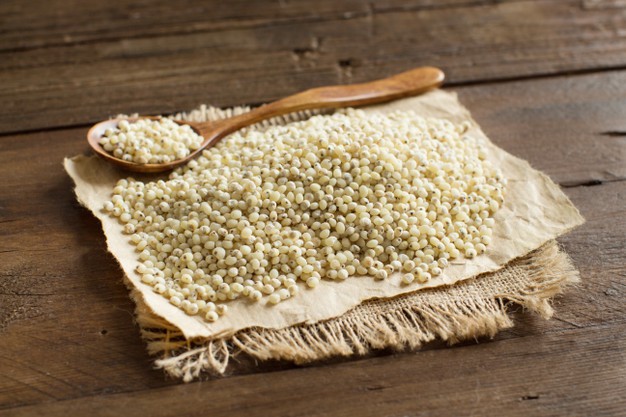Peanut butter is a tasty, nutritious food paste prepared from roasted peanuts. It also contains some additional ingredients like salt or emulsifier or sweetener for modifying its texture as well as taste. It is considered as a good source of healthy fat and micronutrients, whereas it also contains protein and fibre but does not contain enough carbohydrate and offers numerous health benefits.
Nutritional profile
- Peanut butter contains lesser amount of carbohydrates and it also contains fibre
- It contains desirable amount of protein and composed of various important amino acids
- It contains significant amount of fat and it is considered as a healthy source of fat as it contains monounsaturated and polyunsaturated fat whereas it is absolutely free from cholesterol and trans fat. It contains some saturated fat as well
- It contains several important micronutrients, which include Vitamin B3, B6, Vitamin E, calcium, phosphorus, sodium, potassium, iron, zinc and magnesium
How peanut butter is prepared?
Peanut butter can be easily prepared in home and it does not take too much time as well. Below points will discuss about the methods of preparing peanut butter –
- At first peanut should be roasted for about 10 minutes
- After that it should be subjected to blender or food processor where it should be processed on high speed. During processing peanut goes through numerous phases in texture changes before becoming creamy and smooth. It has seen that after processing of peanut on high speed for several times peanut solids begin to clump together and peanut oil also coalesces. Further processing helps to make relatively thicker as well as chunky textured peanut butter
- After that salt and vegetable oils can be added to it

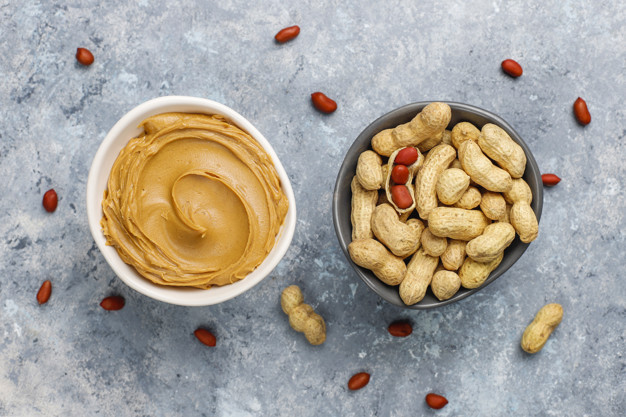
Health benefits
Helps in weight management
- Its protein and fibre contents are responsible for facilitating weight loss
- On the other hand it is also associated with providing a feeling of fullness that helps to decrease hunger as a result prevents over eating, which subsequently decreases the risk of being over weight
Helps to boost up energy
- It helps to provide desirable amount of calories on its oxidation, which helps to boost up the energy level of the body
- The energy mainly comes from its fat contents whereas its magnesium content also plays significant role in promoting metabolism
- Apart from healthy fat, it also provides proteins as well as fibre that help to give an individual that kick, which is required to start the day
- Consumption of peanut butter is also very much useful for improving the productivity
Helps to strengthen muscle
- Its protein, potassium and magnesium components play vital role in healthy muscle formation
- It helps to improve muscle mass as well as strength
- It is also very effective for repairing muscle damages
- It helps to prevent muscle soreness and muscle cramping as well

Helps to reduce the risk of gallstone
- Basically gallstones are formed by accumulating excessive cholesterol, as the MUFA and fibre contents of peanut butter helps in decreasing cholesterol concentration thus it helps to reduce the prevalence of gallstone too
- It has seen that consumption of peanut butter in moderation help to decrease the prevalence of gallstone formation by about 25%
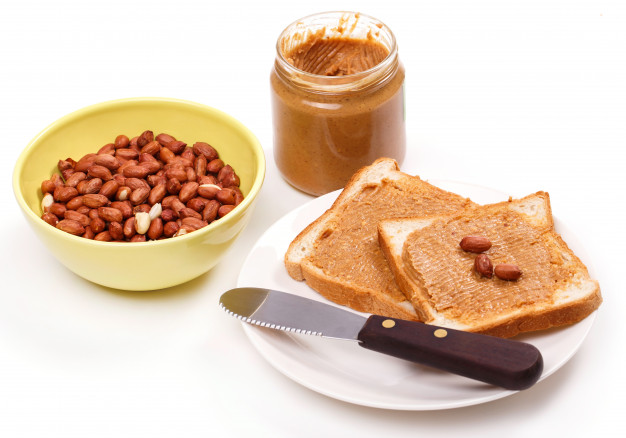
Helps in body building
- It has seen that many body builders incorporate peanut butter in their diet for several reasons
- Its consumption is considered as an easy way to improve one’s unsaturated fatty acid intake and calorie consumption
- Whereas its protein content also helps in building muscles
Helps to promote nervous system
- Consumption of peanut butter is very much helpful for improving brain’s activity
- It contains desirable amount of Vitamin B3 that promotes the growth of overall nervous system and its Vitamin B3 component is also responsible for repairing damages of brain cells
- P-coumaric is another important substance found in peanut butter helps to fight against oxidative stress and protects brain cells from oxidative damages thus decreases the risk of developing neurological disorders
- It helps to improve the symptoms of Alzheimer’s disease as well
- It also helps to improve memory

Helps in managing stress level
- It is closely related with decreasing the level of stress hormone in body that helps to reduce stress as well as anxiety
- It contains an important plant sterol named beta sitosterol, which plays chief role in decreasing the concentration of cortisol in body during the time of stress
Helps to protect the heart
- Peanut butter contains various nutrients that help to improve cardiac health
- Its unsaturated fatty acid content plays vital role in promoting cardiac functionality
- Its fibre content is responsible for decreasing lipid concentration in body that ultimately helps to prevent atherosclerosis by inhibiting fat deposition within blood vessels
- It also helps to promote the health and activity of cardiac muscle
- Its potassium content is responsible for decreasing hypertension
- Its magnesium component is also responsible for maintaining normal heart beat
Helps to manage diabetes
- Peanut butter is considered as a low carbohydrate food, which contains proteins, healthy fats and fibres thus its consumption does not provide significant impact on blood sugar concentration
- Individual with diabetes or individual who are at risk condition can easily include peanut butter in their diet

Helps to reduce the risk of cancer
- Its antioxidant activity and micronutrient components are accountable for exerting anti-carcinogenic activity
- Oxidative stress is considered as one of the leading cause of cancers, as peanut butter decreases oxidative stress hence its consumption is thought to be extremely effective for decreasing the risk of developing cancers
- It is very effective for decreasing the prevalence of stomach, lung, colon and liver cancer
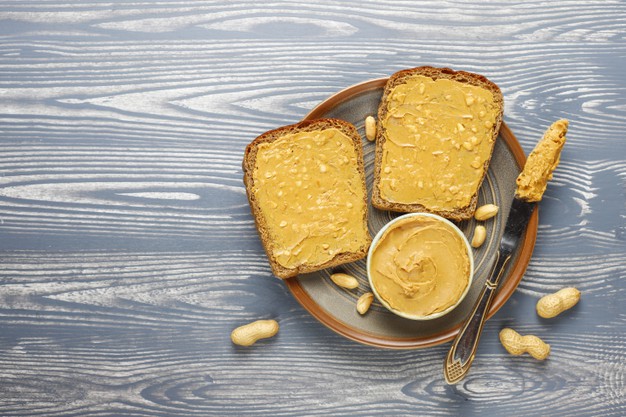
Helps to improve skeletal health
- Its consumption is very effective for maintaining a healthy skeletal system as it helps to provide various imperative nutrients, which are required by the body for healthy bone formation
- Its calcium and phosphorus components are responsible for improving bone mineral density, bone mass and strength
- Its iron content is related with improving oxygen transportation, which also promotes skeletal health
Helps to improve skin
- Its Vitamin E content plays significant role in nourishing the skin, whereas it also acts as antioxidant that helps in protecting the skin from free radical induced oxidative damages as a result it decreases the prevalence of skin diseases
- It also helps in delaying ageing process
- It helps to protect the skin from the harmful effects of UV radiation as well
- Its monounsaturated fatty acid content is also accountable for nourishing the skin and helps to keep the skin naturally radiant and supple

Helps to reduce the risk of breast disease
- It has seen that consumption of peanut butter significantly decreases the risk of developing benign breast disease or BBD, which is recognized as a risk factor for breast cancer
- Women who have a family history of breast cancer should include peanut butter in their diet for lowering the prevalence of breast cancer
General consideration of using peanut butter
- It can be consumed with toast in breakfast or it can be also used for preparing sandwiches
- It can be consumed with chia seeds as well
- It can be consumed with fruits too like apple, banana etc
- It can be added to soup as well
Risk factors
It may cause allergic reaction thus individual who are allergic to peanut should avoid the consumption of peanut butter.
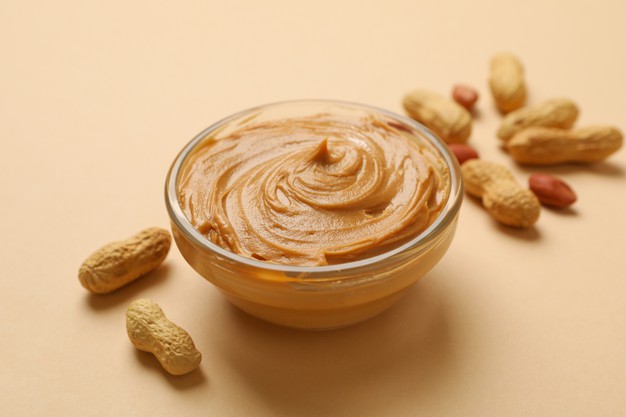
Source:
Amba, V., Murphy, G., Etemadi, A., Wang, S., Abnet, C.C. and Hashemian, M., 2019. Nut and peanut butter consumption and mortality in the national institutes of health-aarp diet and health study. Nutrients, 11(7), p.1508.
Jiang, R., Manson, J.E., Stampfer, M.J., Liu, S., Willett, W.C. and Hu, F.B., 2002. Nut and peanut butter consumption and risk of type 2 diabetes in women. Jama, 288(20), pp.2554-2560.
Moreno, J.P., Johnston, C.A., El-Mubasher, A.A., Papaioannou, M.A., Tyler, C., Gee, M. and Foreyt, J.P., 2013. Peanut consumption in adolescents is associated with improved weight status. Nutrition Research, 33(7), pp.552-556.
Nieuwenhuis, L. and van den Brandt, P.A., 2019. Nut and peanut butter consumption and the risk of lung cancer and its subtypes: a prospective cohort study. Lung Cancer, 128, pp.57-66.
van den Brandt, P.A. and Nieuwenhuis, L., 2018. Tree nut, peanut, and peanut butter intake and risk of postmenopausal breast cancer: the Netherlands Cohort Study. Cancer Causes & Control, 29(1), pp.63-75.
